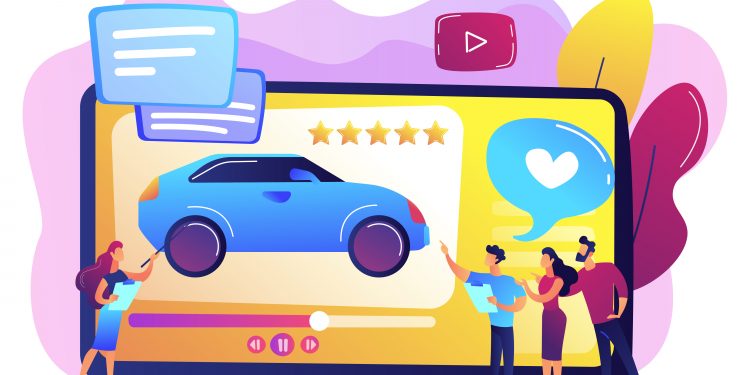As the automotive industry continues to evolve at a breakneck pace, so too does the landscape of automotive marketing. In 2024, the industry is poised to leverage a mix of advanced technologies, digital strategies, and customer-centric approaches to reach consumers more effectively. Here’s a look at the key automotive marketing trends that are driving the future, and how automotive marketing companies are navigating this dynamic terrain.
1. Personalization at Scale
The future of automotive marketing lies in personalization. With the advent of AI and machine learning technologies, automotive businesses can now deliver personalized marketing messages to consumers at scale. This means tailoring content, offers, and communications based on individual customer preferences, behaviors, and past interactions. The challenge for marketing firms will be to harness these technologies to create meaningful connections with consumers, turning data into actionable insights that drive engagement and sales.
2. Augmented Reality Showrooms
Augmented reality (AR) is transforming the traditional car buying experience. In 2024, AR showrooms will become more prevalent, allowing customers to explore and customize vehicles in a virtual space from the comfort of their own homes. This immersive experience not only enhances customer engagement but also reduces the need for physical inventory, offering a cost-effective solution for automotive brands. Automotive digital marketing agencies are at the forefront of this trend, developing AR applications that enrich the customer journey and bridge the gap between online and offline interactions.
3. Influencer and Community-Driven Marketing
The power of influencer marketing and community engagement continues to grow in the automotive sector. Brands are partnering with automotive influencers and enthusiasts to create authentic content that resonates with target audiences. Moreover, fostering active online communities around a brand or model can lead to increased loyalty and word-of-mouth promotion. Automotive digital marketing companies are leveraging these strategies to amplify brand messages, connect with passionate automotive communities, and drive social proof.
4. Sustainability and Eco-Conscious Marketing
As consumer awareness around environmental issues heightens, automotive brands are placing a greater emphasis on sustainability. Marketing messages in 2024 will increasingly highlight eco-friendly features, electric vehicle innovations, and the brand’s commitment to reducing its carbon footprint. This trend extends beyond product features to include sustainable practices within the company itself. Marketing teams are crafting narratives that align with the values of environmentally conscious consumers, differentiating brands in a competitive marketplace.
5. Video and Interactive Content
Video remains a dominant force in digital marketing, and in 2024, its role in automotive marketing is more crucial than ever. Interactive video content, including 360-degree vehicle tours, live-streamed launch events, and behind-the-scenes manufacturing insights, provides an engaging way to showcase vehicles and brand stories. Agencies are pushing the boundaries of video content, employing creative storytelling and cutting-edge technology to captivate audiences and provide immersive experiences.
6. Enhanced Customer Service Through Chatbots and AI
Providing exceptional customer service is a key differentiator for automotive brands. AI-powered chatbots and virtual assistants are becoming increasingly sophisticated, offering instant, personalized support to customers at any stage of the buying journey. From answering queries about vehicle specifications to scheduling test drives, these digital tools enhance customer satisfaction and streamline operations. Digital agencies are integrating these solutions into their strategies, ensuring that customer interactions are seamless, informative, and responsive.
In summary, the automotive marketing landscape in 2024 is shaped by technological advancements, a focus on personalization and sustainability, and the importance of building authentic connections with consumers. As automotive brands adapt to these trends, partnering with specialized automotive marketing companies and agencies will be crucial to navigating the digital age and achieving marketing success.















